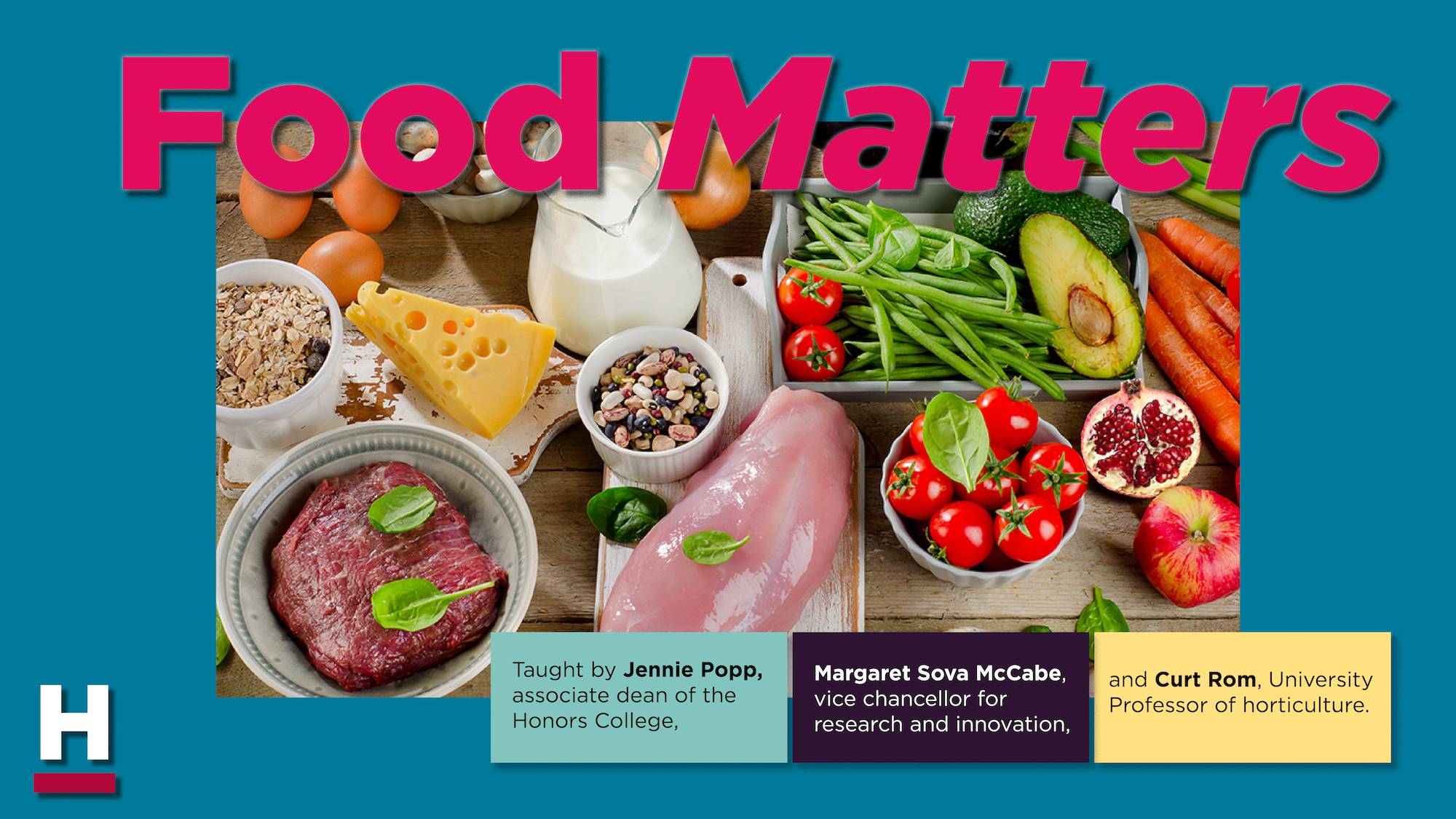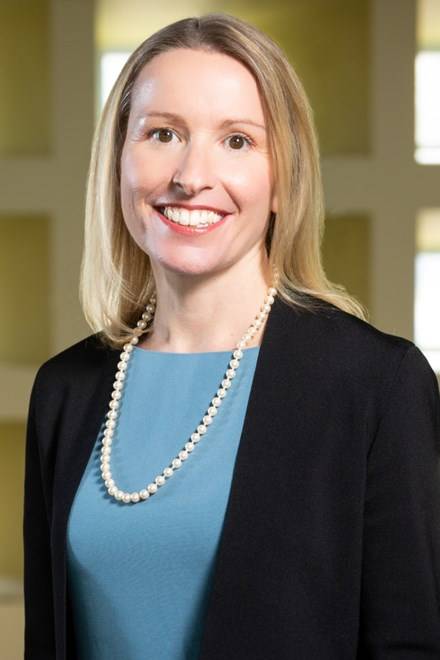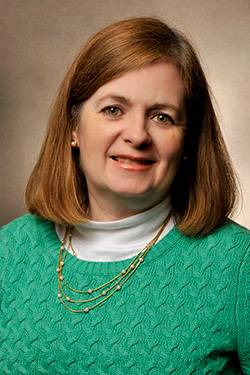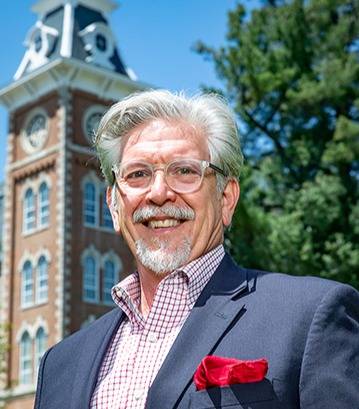Food Matters

Food Matters
HNRS 401H3-001
Jennie Popp, Margaret McCabe, Curt Rom
Fall 2025
TTh 11:00 a.m. - 12:15 p.m.
GEAR 258
Course Application due March 17, 2025 at 8 a.m.
Apply for Honors College Courses
Food Matters—Shouldn’t It?
The U.S. Farm Bill governs agricultural and food policy, playing a central role in food security, public health, and agricultural sustainability. One critical area it addresses is the need for healthy, sustainable diets.
Traditionally, U.S. residents source protein from livestock and legumes. However, growing populations and expanding food deserts call for innovative solutions to meet nutritional demands. Two emerging alternatives are insects and cultured meat—protein produced by cultivating animal cells in controlled environments. Both options promise lower environmental footprints compared to conventional agriculture and could be scaled to improve local access to protein, particularly in urban food deserts.
Yet significant hurdles remain. Cultured meat costs far more than traditional protein, and insects face cultural resistance in the U.S., where they are often perceived as unappetizing or unclean. Globally, governments are still developing frameworks for regulating the safety, labeling, and sale of these products, which further slows their market growth.
The U.S. typically enacts a new Farm Bill every five years, but the most recent bill expired in September 2024. As America awaits its replacement, we are left with critical questions:
- Are insects and cultured meat viable protein sources?
- Should highly processed products even be labeled as "food"?
- Does it matter what we name our food?
- Is industry-sponsored research truly reliable?
- Is industrial food better than local?
- Is organic food safer and healthier?
- Can food be medicine, and should medicine be in our food?
This course explores the legal, economic, social, and environmental dimensions of the modern food system. Together, we’ll generate insights to guide regulators, industry leaders, and consumers in managing our evolving food landscape. It’s a conversation about why—and how—food matters.
Course Credit:
- All Students: 3 hours of honors credit
- Fulbright College:
- Fulbright Honors Natural Science or Social Science Colloquium
- Walton College:
- Honors Colloquium credit
- Note: The other three hours of required honors colloquium courses would need to come from Walton.
- Honors Colloquium credit
About Margaret Sova McCabe, Jennie Popp and Curt Rom:
 Margaret Sova McCabe is currently serving as the Vice Chancellor for Research & Innovation (VCRI). Prior
to that, McCabe served as the law school's 13th dean from 2018 to 2021. She was the
third consecutive woman to serve in this role.
Margaret Sova McCabe is currently serving as the Vice Chancellor for Research & Innovation (VCRI). Prior
to that, McCabe served as the law school's 13th dean from 2018 to 2021. She was the
third consecutive woman to serve in this role.
As vice chancellor for research and innovation, McCabe strives to support the university's growth and success in research and innovation. Her office focuses on aligning the University's pursuit of research excellence across campus including working closely with the Division of Economic Development to promote the university's research enterprise in the region, state and nation.
 Jennie Popp is an associate dean of the Honors College. She is also a professor of agricultural
economics and agribusiness who has research responsibility for identifying sustainable
best practices for agricultural production. She is currently co-leading a multi-year
effort to increase both the quantity and quality of fruit and vegetable production
in NW Arkansas.
Jennie Popp is an associate dean of the Honors College. She is also a professor of agricultural
economics and agribusiness who has research responsibility for identifying sustainable
best practices for agricultural production. She is currently co-leading a multi-year
effort to increase both the quantity and quality of fruit and vegetable production
in NW Arkansas.
 Curt Rom is a University Professor of horticulture with research and teaching in fruit crops,
sustainable and organic production and food systems.
Curt Rom is a University Professor of horticulture with research and teaching in fruit crops,
sustainable and organic production and food systems.
Both Popp and Rom have served as co-directors for the Center for Agricultural and Rural Sustainability. Both are members of the UA Teaching Academy and have received the John W. White Teaching, Honors College Distinguished Faculty, and the Gold Medal faculty awards. Rom has also been recognized by the American Society for Horticultural Sciences as the Outstanding Educator at both the regional and national levels.